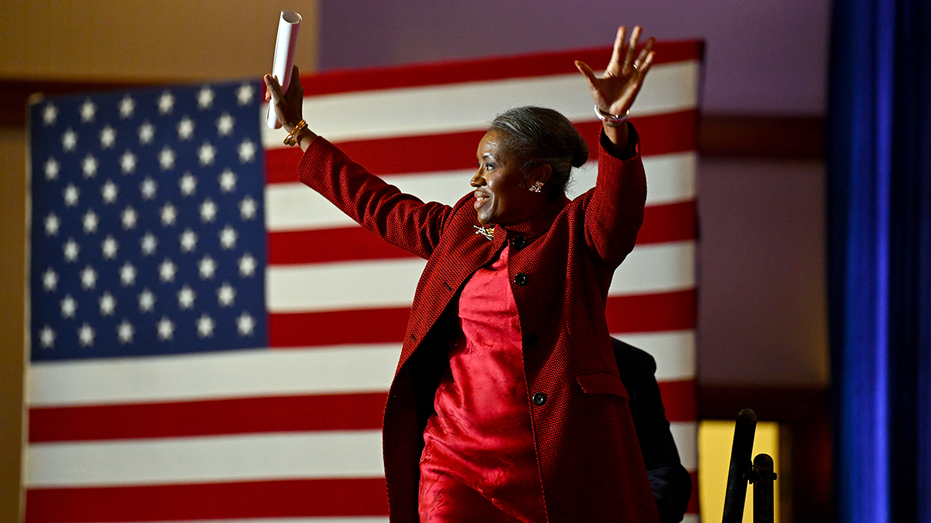A pivotal moment unfolded in Jersey City’s mayoral race as Council member James Solomon secured his place in a December runoff election. The initial vote on Tuesday failed to produce a clear majority, setting the stage for a final showdown later this year.
The race was remarkably crowded, featuring seven candidates vying for the city’s highest office. Among them was former New Jersey Governor James McGreevey, widely considered the front-runner, alongside Hudson County Commissioner Bill O’Dea and Solomon himself.
Jersey City, a vital hub in New Jersey with a population approaching 303,000, holds significant weight within the state. Its location directly across the Hudson River from New York City adds to its prominence and influence.
This election marks a turning point as longtime Mayor Steven Fulop chose not to seek another term. His recent unsuccessful bid for the Democratic gubernatorial nomination earlier in the year further reshaped the political landscape.
McGreevey’s return to the political arena is particularly striking, coming two decades after his resignation as governor in 2004. The scandal surrounding an affair with a male staffer, and the subsequent threat of a lawsuit, abruptly ended his first tenure.
He openly addressed his past, stating he wasn’t seeking judgment but rather asking voters to consider his potential as a mayor. Following his resignation, McGreevey came out as gay and dedicated himself to faith-based community service.
He holds the distinction of being the first openly gay governor in U.S. history, a legacy that undoubtedly shaped his campaign and resonated with voters. His re-emergence sparked considerable discussion and scrutiny.
Affordability emerged as a central theme throughout the election, mirroring concerns felt across New Jersey – a state known for its high taxes and challenging housing market. Candidates focused on solutions to ease the financial burden on residents.
McGreevey proposed building 1,000 new affordable homes and mandating that 20% of all new developments include affordable housing units. His plan aimed to directly address the city’s housing crisis.
O’Dea championed rent control measures and advocated for affordable housing specifically tailored to essential workers like teachers, nurses, and first responders. He sought to provide stability for those who serve the community.
Solomon, meanwhile, pledged to dismantle what he described as a “pay-to-play” system of tax breaks for developers and to curb excessive rent increases. His platform centered on creating a more equitable housing market.
The election unfolded as the nation also watched New Jersey’s congressional races, ultimately resulting in the election of Democratic Rep. Mikie Sherill. Both elections highlighted the state’s crucial role in the national political conversation.






